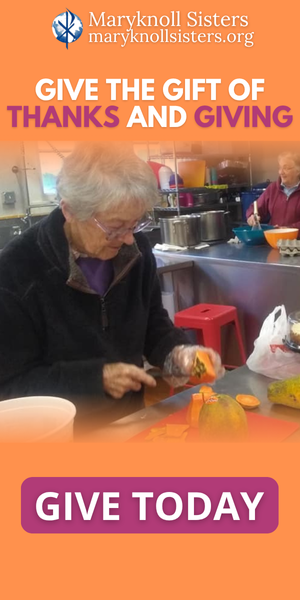Cathleen Chopra-McGowan reports on the tensions near her home in Israel.
Guest bloy by Cathleen Chopra-McGowan
Stones, sound bombs, and rubber pellets fly through the air as resident confronts settler and young men confront the Israeli border security forces. Over the last few days, protests have erupted again in Silwan, the neighborhood down the street from me.
Silwan has been in the news recently because it lies at the base of an important archaeological site, the City of David. The tourism ministry and the officials leading the excavation have discussed plans of extending the dig perimeters, which would involve relocating 22 houses in the area. This proposition has been met with severe displeasure and angry protests from residents in the neighborhood. The residents do not trust that the government will help them find housing elsewhere, and the government resorts to force quickly because they are distrustful of the people’s intentions to come to any kind of mutual agreement.
I was going to visit a friend who lives on the Mount of Olives in East Jerusalem the other night. The quickest way to get there is to go down the hill and take a taxi that drives through the valley of Silwan and then up the hill of Olives on the other side. I stood waiting for a taxi at the street corner–one road leads to my neighborhood, the incredibly posh Abu Tor, home to diplomats, expats and UN officials, and other road goes down the hill, and into the volatile valley of Silwan.
As I stood on the corner, a gentleman with two dogs walked by. I nodded and said hello. “Where do I know you from?” he asked quizzically. “You don’t know me,” I responded, “I was just saying hello.” “My God,” he answered, “what a world we live in where neighbors are not even used to greeting each other.” We chatted for a few minutes more, and parted ways, but his comment stuck with me.
When a taxi arrived, I hopped in and gave the driver the address in East Jerusalem. Immediately, he looked at me appraisingly, “You are not Jewish, then.” “What makes you say that?” I asked, even though I knew the answer. “Jewish and Arab people do not live together. Jewish people would not go to East Jerusalem at this hour of the evening.” It was five o’clock, but he was right.
As we were talking, I noticed the driver, an Arab gentleman, passed the turn for the valley and was continuing through the city centre. I asked him why, and he told me gravely that the road through Silwan had been closed because of stone throwing. Israeli police guarded the street now, ready to release tear gas shells and fire rubber pellets.
Two families had been forcibly evicted from their homes, and people were now protesting in the streets. The victims of these protests have not been the Israeli police or even many of the men in the streets. They have been babies, children, and a pregnant woman. Babies are now battling asphyxiation from tear gas, and a pregnant woman is unsure of the repercussions on her unborn child.
This is not the way to solve the problems the residents of Silwan and the Israeli government face. The police use the unruliness of the people as reason for the display of force, and the protesters use the law’s force as reason to continue protesting. It’s a twisted system of justice on both sides. An eye for an eye has been taken too literally, and loving thy neighbor has all but been forgotten.
Guest Blogger Cathleen Chopra-McGowan is a Fulbright fellow in biblical studies and a recent graduate of Boston College. She will be blogging about her experience as a young adult Catholic studying in Israel for the My Generation blog. Her posts can be found at “A year in Israel.”
Guest blog posts express the views of the author. They do not necessarily reflect the views of U.S. Catholic, its editors, or the Claretians.









